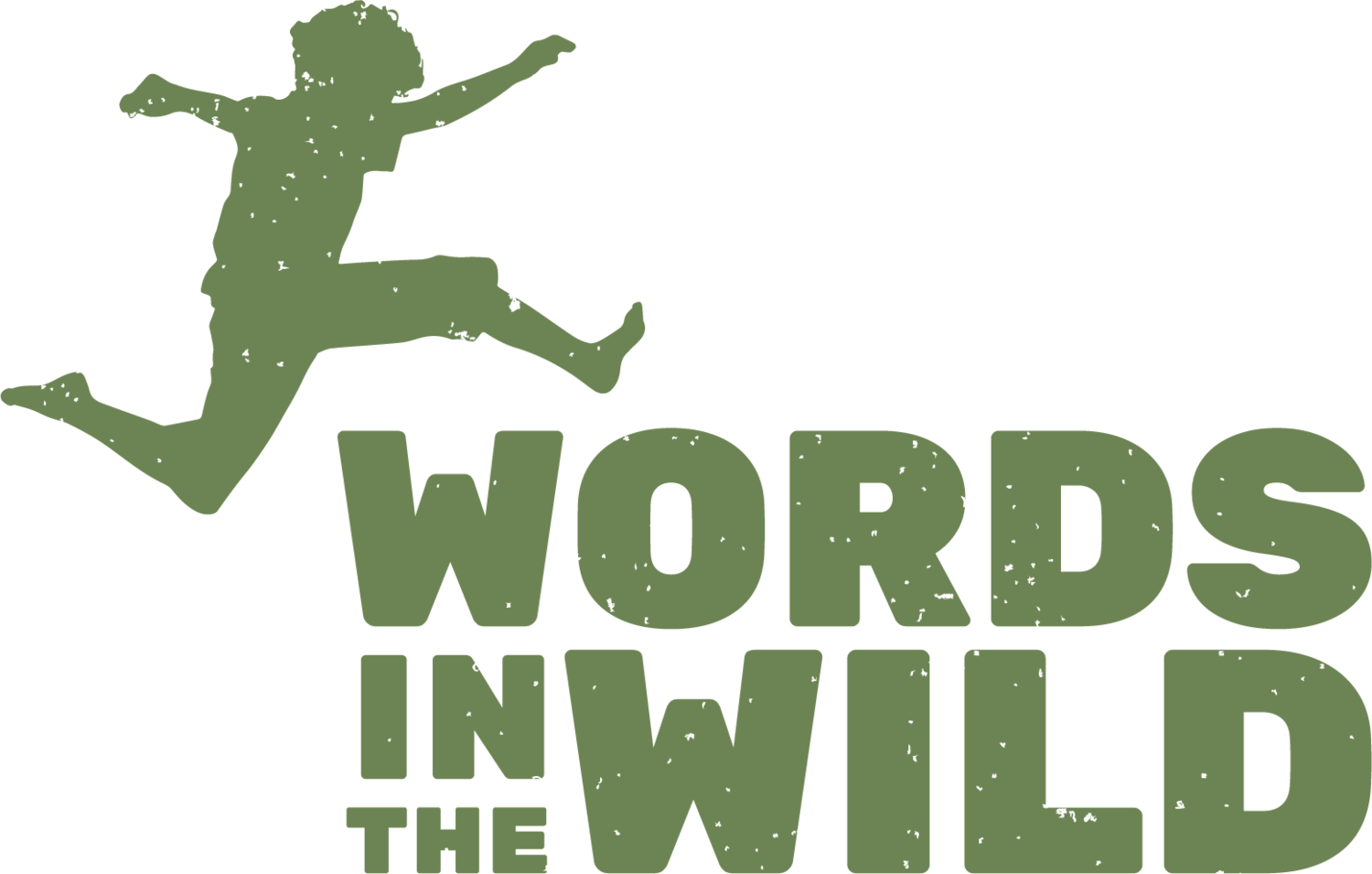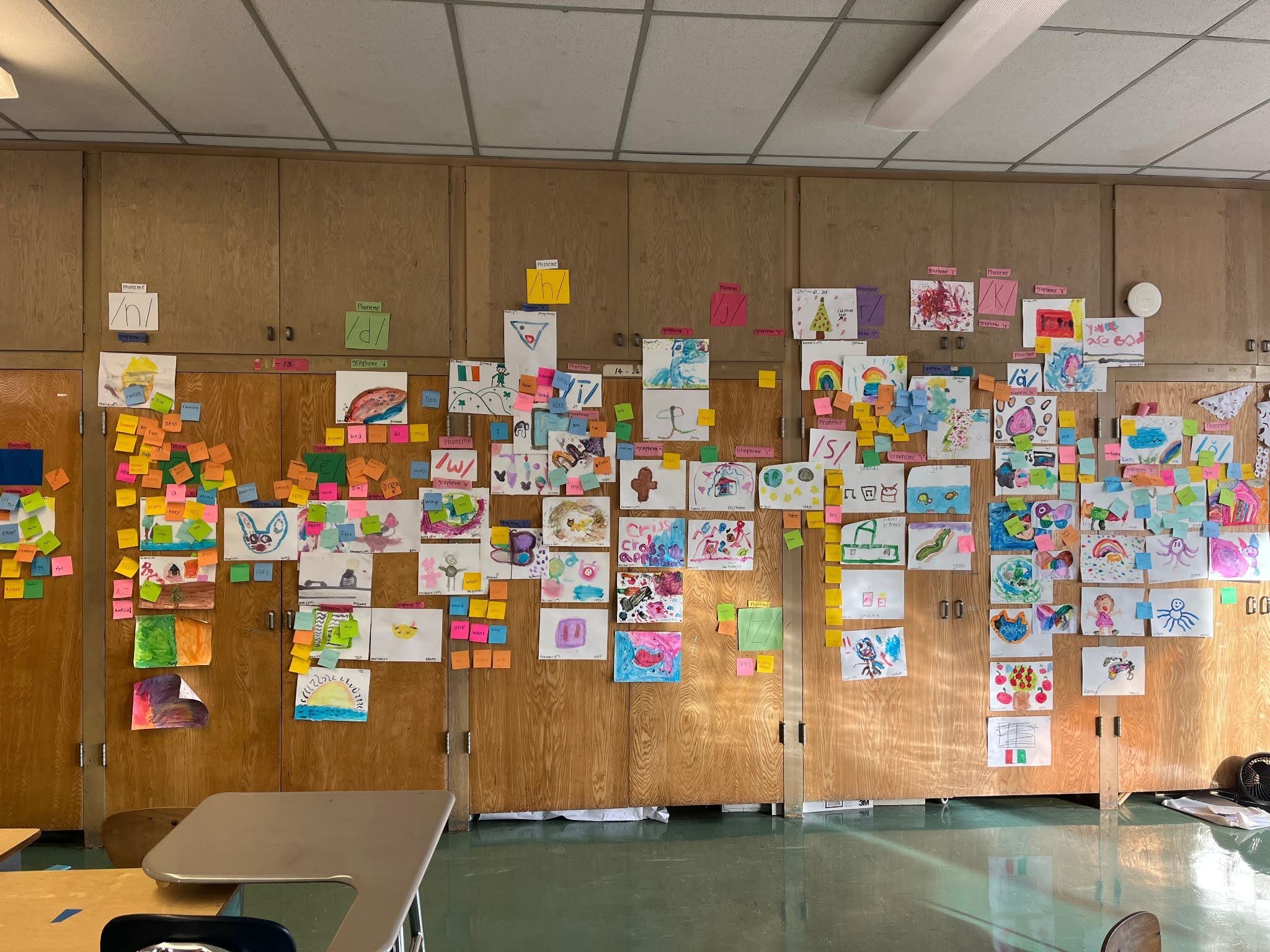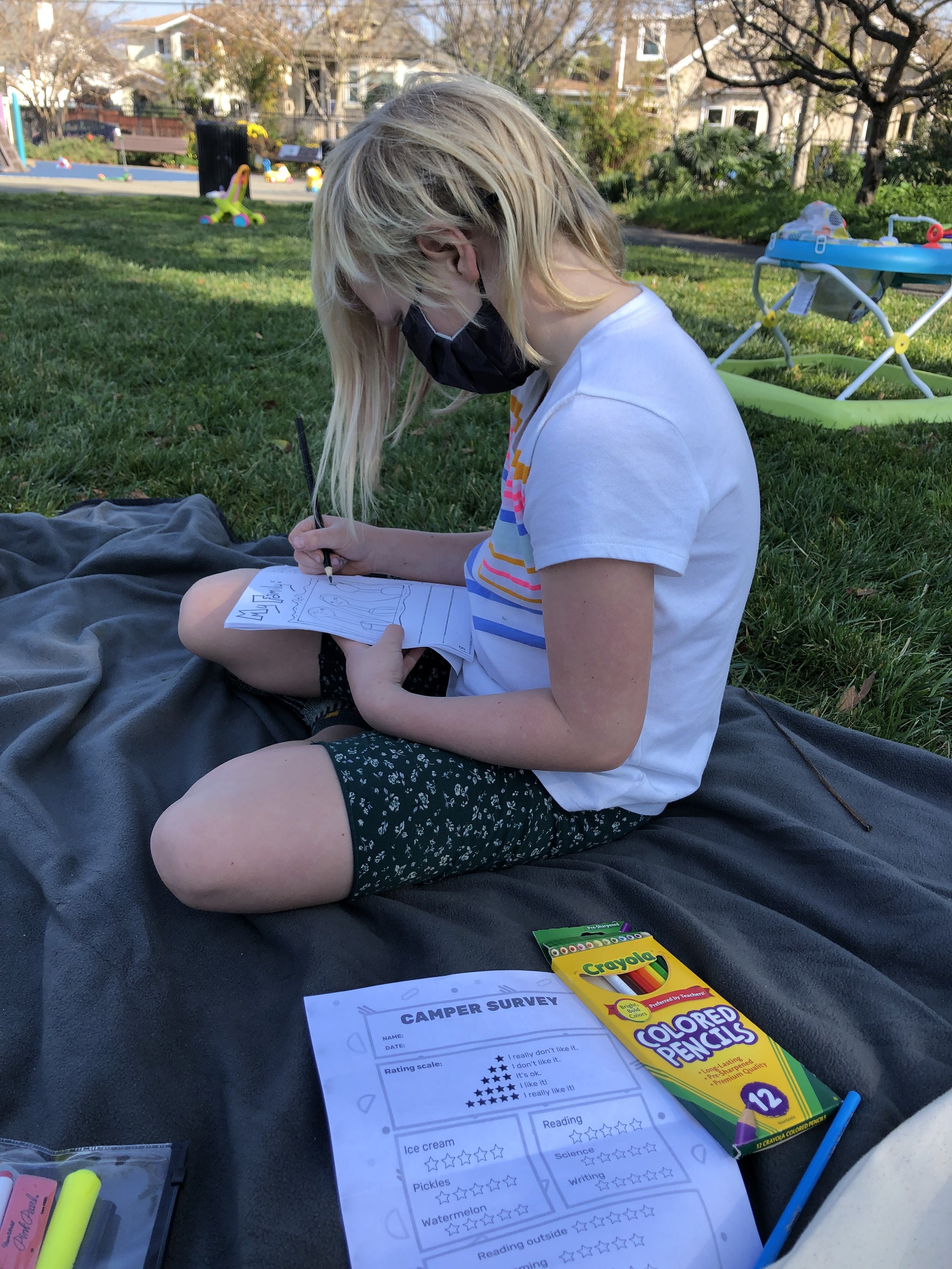Lessons & Activites
Together, we explore how to make morphology accessible to younger children—and how to make grapheme-phoneme inclusive to older students. This session is all about child-centered, engaging instruction that meets learners where they are.
From pushing back to driving learning, engagement isn’t just about following directions—it’s a continuum from resistance to full ownership. When we plan professional learning on positive and engaged learning communities, we know that we have to engage our teachers, and ‘walk the walk’.
Too often, the children with the highest academic needs spend the least time in class. We have developed a process to understand, prevent, and address challenging behavior - with dignity. Based on our experience and outside research, this process can support or jumpstart a program- or school-wide system of support.
Field journaling is a tool for closely observing and documenting natural phenomena in order to more deeply understand it. Using evidence from elementary-aged learners in a summer program for struggling readers, our team of teachers and researchers investigated the use of field journaling as an engaging pedagogical strategy for building foundational literacy skills.
Introduce morphological word families and word study with a fun game that is easy to differentiate. AKA the “Word Family Game”.
Phoneme walls are more effective than word walls in developing students' decoding (reading) and encoding (writing) abilities. They are also really engaging!
At Words in the Wild, we make reading a full-body experience, but…HOW? Here’s a free download of a game teachers can use to embed essential literacy skill practice in a large-body movement game to engage every learner, even (and especially) your wiggliest!
Check out what our teaching fellow learned about a unique handwriting intervention, Real Script, through an action research project.
Can 1 minute really make a difference? We think so! Check out this list of mindful minutes specially curated by our teaching team.
We share 5 strategies to build vocabulary, along with a free download for a simple daily gratitude practice to give your students the opportunity to practice using the word “grateful” in a meaningful context.










